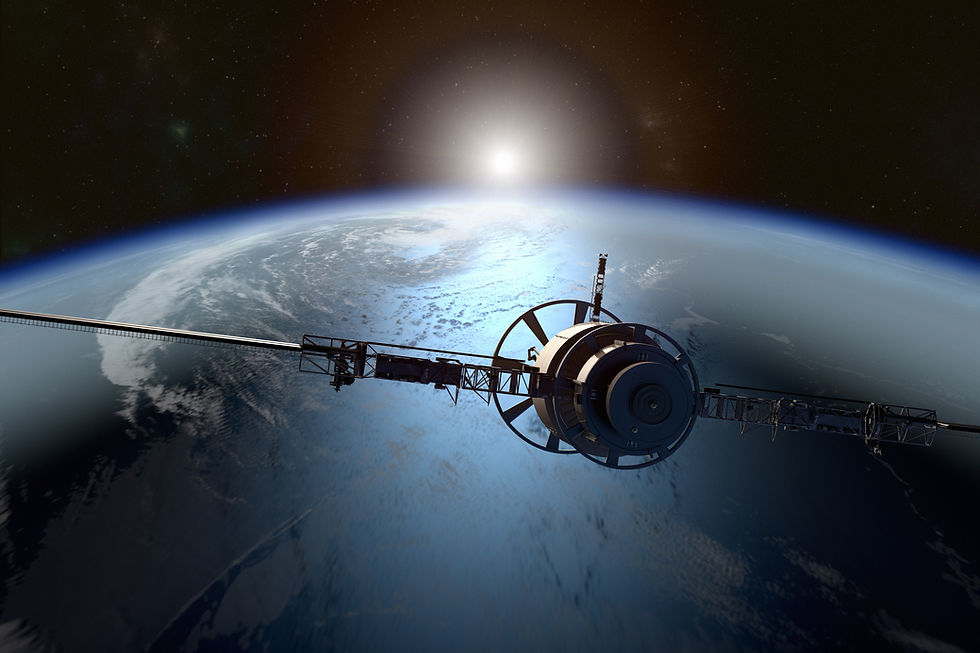The top 5 problems with plastic recycling
- Oct 4, 2020
- 2 min read
Plastic waste is an ever-growing problem. With less than 10 percent of plastic introduced in our system being recycled, daily around 8 million pieces of plastic making their way into our oceans, and creation of the plastic circular economy falling short on milestones, the outlook is grim. Innovation, and scalable innovation, is vital to ensuring we can create a closed-loop around plastic usage, with plastic waste, eventually, never making its way out of this loop.
The challenges are compounded by the fact that if the world is to effectively tackle the problem of plastic waste it needs much higher quantities of superior-quality packaging material in the system. This is tricky and cost-prohibitive.
The top 5 problems with plastic recycling are:
Whilst it may seem simple, the process of plastic waste collection and separation is complex, expensive, and inefficient
Often collection centers are forced to mix glass, paper, and plastic. This is especially the case when collecting waste from public areas where, in a bid to hasten collection, plastic is often mingled with all kinds of other waste, which is a grind to separate.
Recycled plastic (or glass and paper for that matter) is often more expensive, increasing the cost of the product to the manufacturer, and of-course, end-user
The ability to recycle plastic and generate plastic pellets that can be used for packaging by reprocessing companies is extremely limited
The advancements in technology have still not found a solution for the low quality of recycled plastic. Thus, even with the best intentions, it is difficult to manufacture plastic packaging materials entirely from recycled pellets.

New developments in the plastic waste disposal
It is no longer possible for developing nations to export container loads of plastic waste to China and Sri Lanka. Both governments have issued clear directives banning foreign plastic waste disposal into their land.
Refinements in the plastic recycling process allow for the incorporation of higher levels of recycled content in new packaging, thereby making it cost-effective and scalable for use by manufactures, whilst also being environmentally friendly.
There is a concerted effort at all levels of governments, local and international, to accelerate the creation of a circular economy for plastic, with most developing nations having policy measures in place to hasten outcomes.
Innovations and next-generation technology will help to curtail plastic waste, but not solve the problem completely. There needs to be a shift away from plastic use to eco-friendly material use by communities. Corporates need to work hand in hand with governments to help create a better world.
.jpg)






Comments